RPGs could learn a lot from how Persona 5 Royal and Mass Effect handle goodbyes
Thanks for the memories
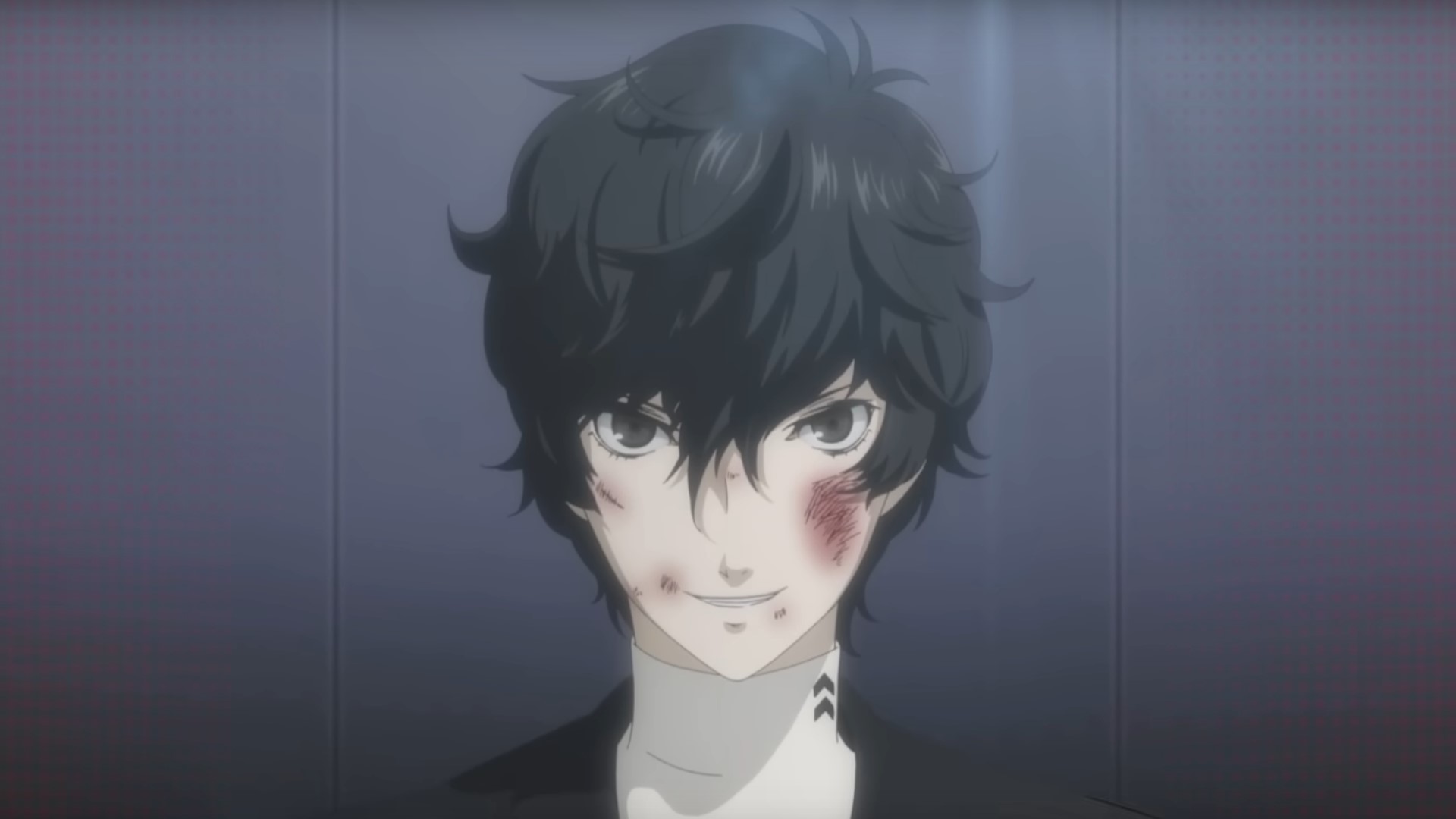
Sign up for breaking news, reviews, opinion, top tech deals, and more.
You are now subscribed
Your newsletter sign-up was successful
This article contains spoilers for Persona 5 Royal and the Mass Effect trilogy.
Persona 5’s finale has all the flamboyant god-killing that one might expect from a JRPG. Fighting through the streets of Tokyo, you and your allies, spurred on by bonds of friendship forged over dozens of hours of gameplay, make your way to confront a pseudo-god crafted from the misery and complacency of the city’s populace.
The battle is beyond tense, with the empowered pseudo-deity throwing out brutal status ailments and powerful attacks left and right. Joker, the game’s protagonist, awakens to his true Persona at the end of the game. Channeling the power of his innermost desire for rebellion, he manifests a giant pistol and blows the big bad’s head clean open.
This is the climactic ending of Persona 5: a thrilling final boss battle followed by a happily-ever-after for our heroes – classic stuff. However, Persona 5 Royal, the game’s definitive edition, added another chapter to the game, taking the high-concept finale and grounding it in a heartbreaking, deeply personal story about the game’s central characters.
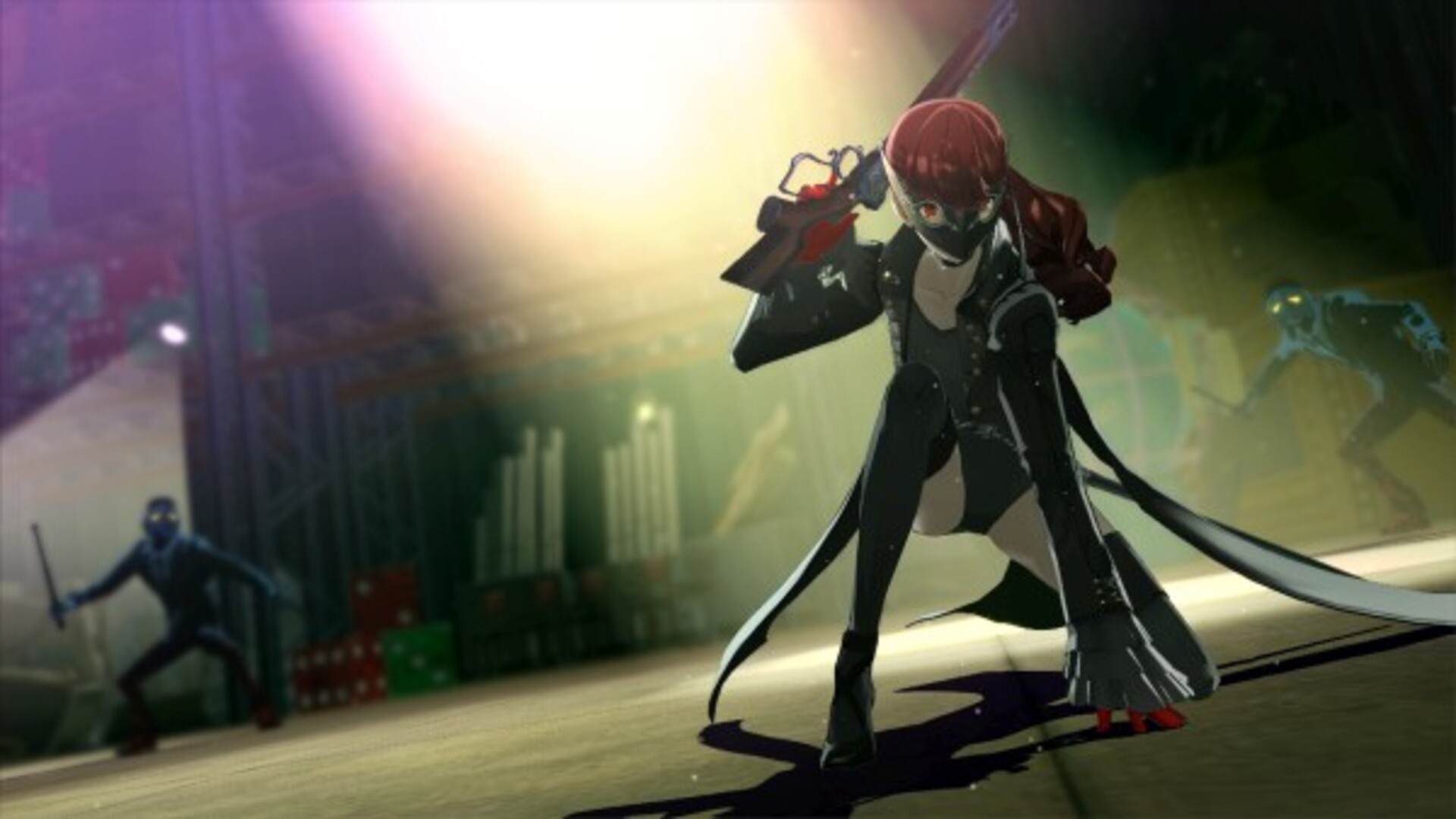
In Persona 5 Royal’s final chapter, you are presented with a devastating decision to make.
You can choose to live an idealized happily-ever-after, one meticulously constructed by a narcissistic super-powered psychologist with a messiah complex, or you can reject his utopia and embrace reality. I opted for the truth; I felt horrible for depriving these characters of an easy existence in an ideal world, but I felt I owed it to them to give them the chance to live life to its fullest, with all its pains and pleasures.
It was, ultimately, far more satisfying than the by-the-numbers conclusion of vanilla Persona 5. The additional chapter rounded out the stories of each of the game’s central characters, adding a sense of much-needed closure to their tumultuous and emotionally-charged story. This is the magic of what I call the “Victory Lap”: an expansion or DLC that offers catharsis for the game’s central cast, a celebration of what made the title great, and perhaps most crucially, a chance for you to bid the game goodbye.
Sign up for breaking news, reviews, opinion, top tech deals, and more.
An End Once and For All
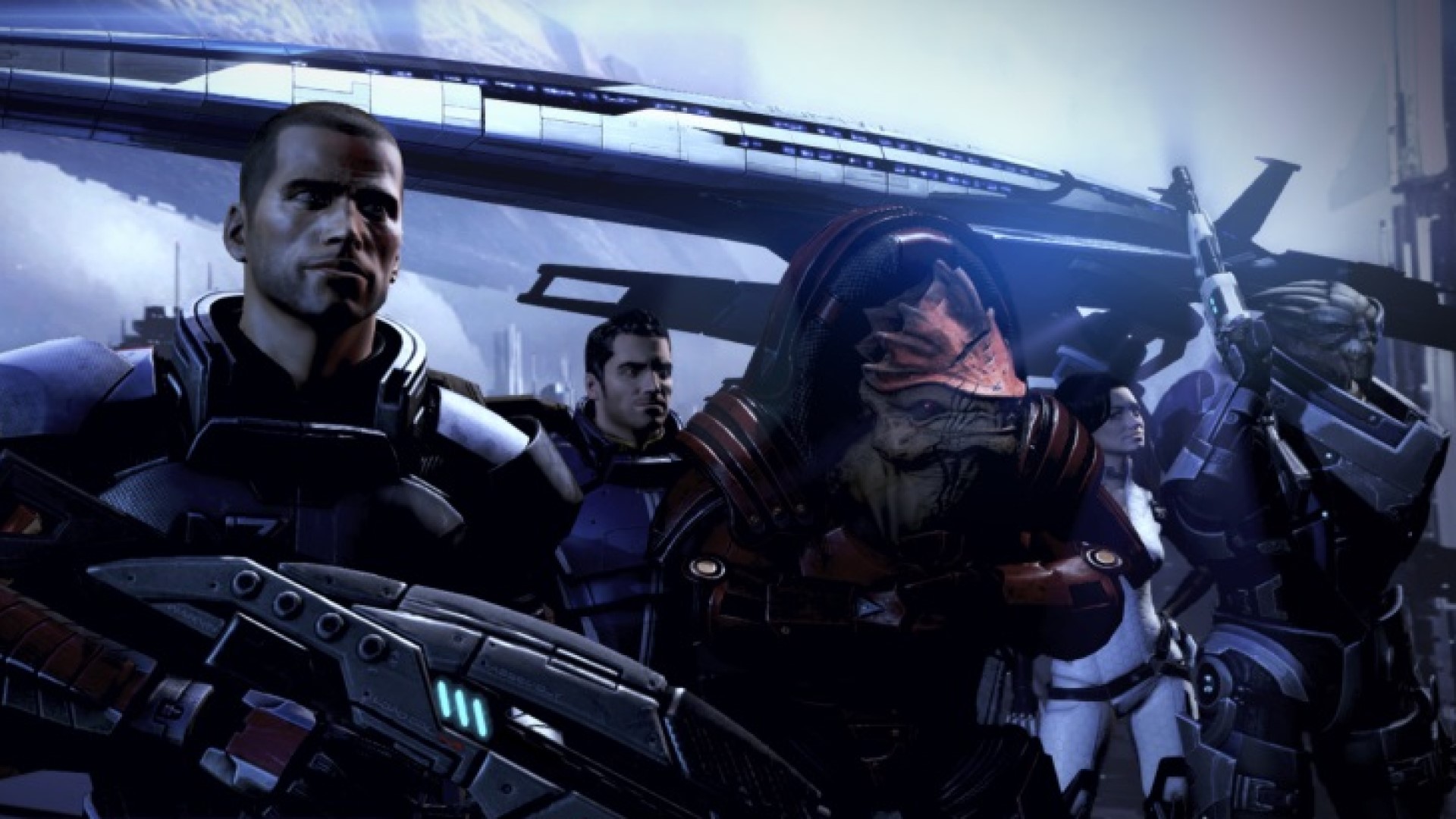
Mass Effect 3’s Citadel DLC used a similar technique to provide an ending that was far more satisfying than what was on offer in the base game. In Citadel, Shepard and their squadmates attempt to take some well-earned shore leave, only to find that a Shepard clone is at the head of a conspiracy to assassinate Shepard and replace them.
Only with the support of their friends and companions can Shepard overcome these trials and tribulations; it’s the clone’s lack of supportive allies that ultimately assures their downfall.
At the climax of the story, as the clone and Shepard are about to fall to their deaths, loyal squadmates come to rescue our dangling protagonist while the clone must fend for themselves. It’s here we see Bioware stay true to the emotional core of the Mass Effect series: people are stronger together than they are apart.
Curtain call
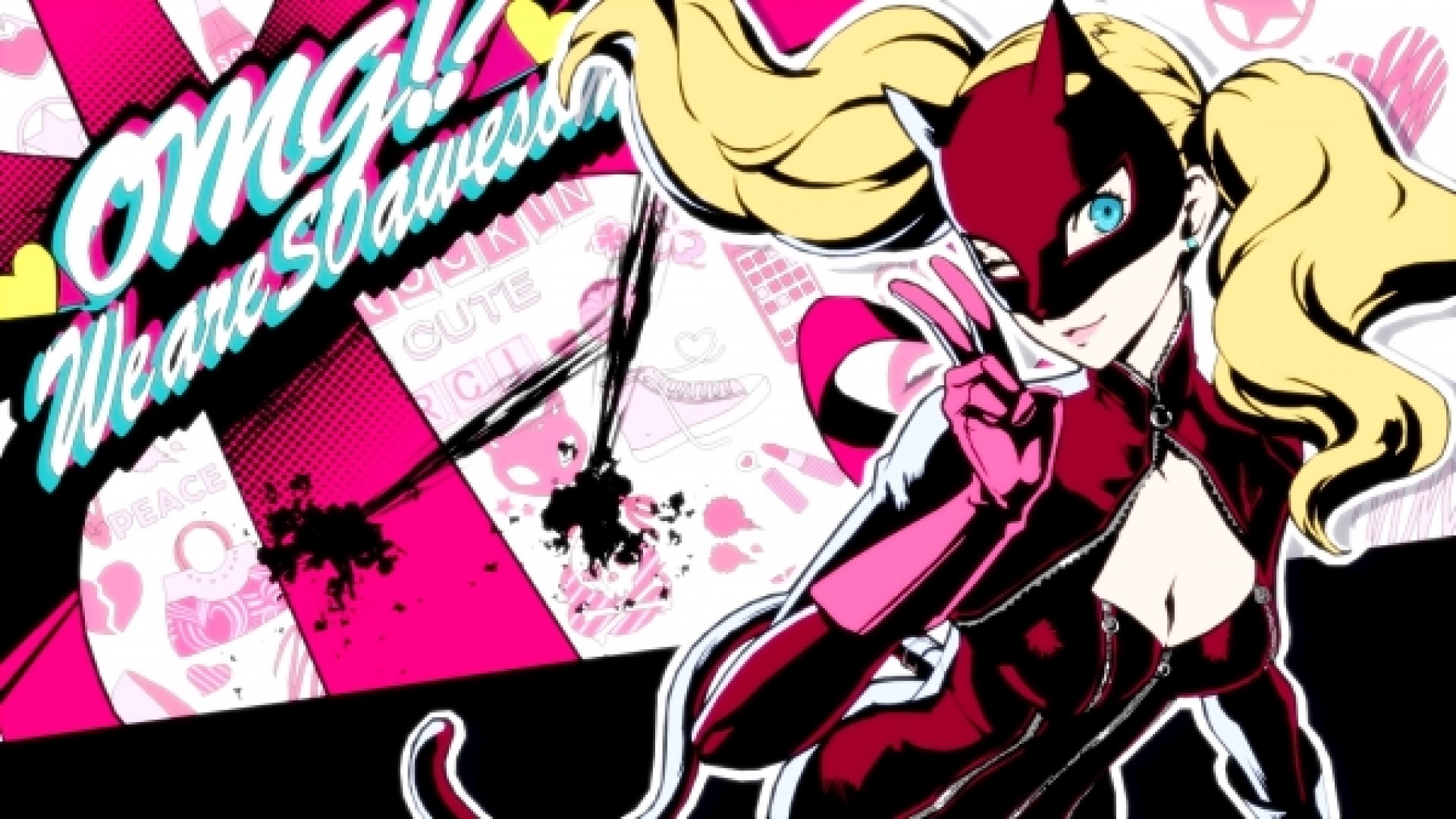
It’s no coincidence that both Persona 5 Royal and Mass Effect place a huge emphasis on their characters. Both titles offer rich ensemble casts whose idiosyncracies and quirks get under your skin and leave lasting impressions. Neither Garrus Vakarian nor Makoto Nijima are real, but I would die for them (in the game) all the same.
Neither Garrus Vakarian nor Makoto Nijima are real, but I would die for them (in the game) all the same.
Crucial to the success of both Royal and Citadel is the developers’ willingness to not only spend time with their beloved cast of characters but to offer all of them an opportunity for personal resolution. Awkward, dorky Garrus finally gets to have his suave moment with Shepard in the form of a tango, while earnest Makoto, following through on her promise to stand up for herself, commits to her dream of becoming a police commissioner.
These moments are an absolute treat because they wonderfully round out the arcs of both characters. Both Makoto and Garrus have undertaken arcs where they come out from under the shadows of institutions that held them back to pursue their own ideas of justice. By doing this, both characters found themselves.
Final countdown
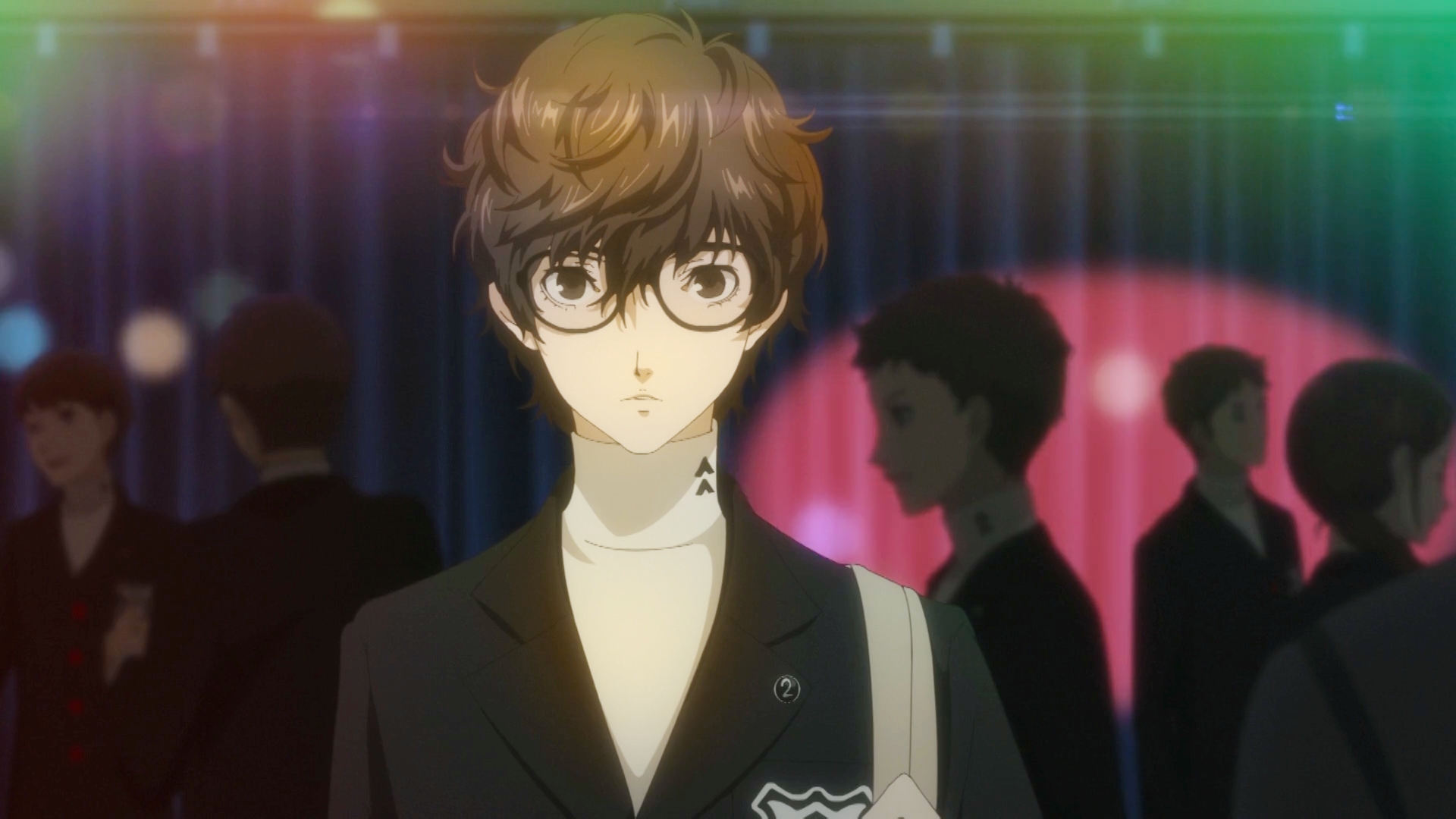
Citadel and Royal are full of these sorts of moments, allowing most of their characters to enjoy similar opportunities for growth. This means the ensembles begin to outgrow their respective stories, reaching a stage where they’ve matured so much that it almost feels natural to say goodbye to them.
Though Citadel doesn’t rewrite Mass Effect’s ending in a literal sense, it provides something of a spiritual ending for the characters. It was the last piece of DLC released for the original trilogy and carries with it, in every moment, the weight of that finality.
At the close of the story, Shepard and the crew meet in the Citadel’s hangar. “It’s been a good ride,” says Shepard’s closest companion. “The best,” they reply. In this instant, we get Shepard and co’s real, final farewell.
Though Citadel doesn’t rewrite Mass Effect’s ending in a literal sense, it provides something of a spiritual ending for the characters.
Similarly, in the closing moments of Royal’s true ending, the gang meets Joker at the station one last time to wish him well before he returns home, leaving Tokyo, for the foreseeable future. “All right, it’s time”, says Makoto stoically as the gang says their final goodbyes and drive away. On his own in the train carriage, Joker sees his own reflection in the window. For a moment, the reflection seems to be wearing his Phantom Thief outfit. Though that life is behind him and those days will never come again, he sits back, comfortable in the knowledge that he’ll be able to take those experiences with him for the rest of his life.
This is why I felt such bittersweet sadness as I watched those credits roll – I was faced not with the high of defeating a giant boss, but the low of one-by-one saying farewell to friends I’d made over dozens of hours of adventures. It was a profound mixture of joy and grief that comes when characters reach the end of their arcs. As the characters reach their final destinations, they have to say goodbye. We should learn from their example.

An editor and freelance journalist, Cat Bussell has been writing about video games for more than four years and, frankly, she’s developed a taste for it. As seen on TechRadar, Technopedia, The Gamer, Wargamer, and SUPERJUMP, Cat’s reviews, features, and guides are lovingly curated for your reading pleasure.
A Cambridge graduate, recovering bartender, and Cloud Strife enjoyer, Cat’s foremost mission is to bring you the best coverage she can, whether that’s through helpful guides, even-handed reviews, or thought-provoking features. She’s interviewed indie darlings, triple-A greats, and legendary voice actors, all to help you get closer to the action. When she’s not writing, Cat can be found sticking her neck into a fresh RPG or running yet another Dungeons & Dragons game.